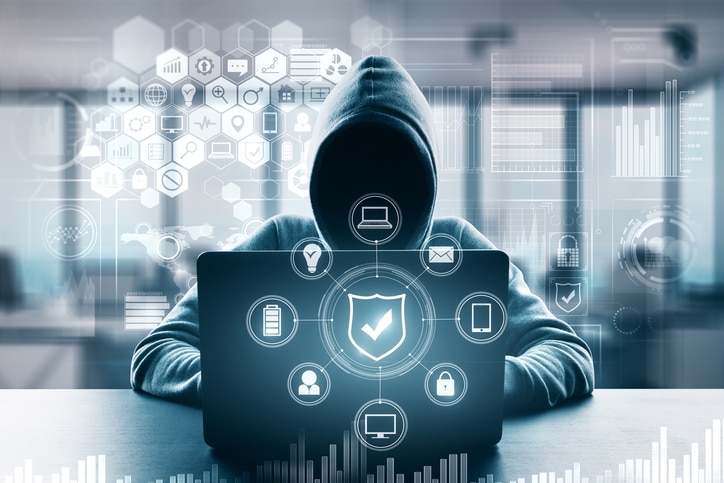Cyber threat to UK escalates
Reading Time: 2 minutes5th June 2019 | Modified: 19th December 2022Categories: Tech News
The frequency of cyber-attacks on British businesses is escalating at an alarming rate according to latest research.

The research, commissioned by the internet service provider Beaming, shows businesses now receive, on average, one cyber-attack every minute. That’s double the rate in the first three months of 2018.
The attacks originate from more than 400,000 unique IP addresses located all over the world. but many can be traced to China, Brazil, Russia and Egypt. The number in Egypt tripled from January to March this year.
Beaming’s research also reveals that 66 per cent of employees don’t believe their employer does enough to secure IT services. This suggests many members of staff are well aware of the dangers and could provide more valuable input to help improve cyber security for the companies that employ them.
Gary Jowett, from Computer & Network Consultants in Brighton, said: “The security your company deploys for its network should provide reliable defence – even in the face of this rapid escalation in attacks. However, the security measures we use are only as effective as the people who manage and adhere to them. Complacency is still one of the biggest threats facing many UK businesses.”
The UK government’s Cyber Security Breaches Survey last year showed that the most common attacks still involve the usual suspects: fraudulent emails, attempts by scammers to impersonate an organisation; and online malware and viruses. These are threats that most businesses should now be equipped to deal with.
However, there are companies still running out-dated applications and operating systems that no longer receive security patches from the software provider. These businesses need to get independent advice about updating their IT as a matter of urgency.
While standard cyber security may block suspicious emails, Beaming’s research also highlights a growing threat from the Internet of Things.
M2M vulnerability
Any UK company operating remote monitoring or tracking devices needs to ensure built-in firmware and supporting software is regularly checked and updated. These devices are often machine-to-machine (M2M) technologies used to check remote meters or the movement of goods and services. One of the biggest threats to M2M technology is that operating protocols can sometimes be exploited.
Gary added: “Before digital communication became an integral part of most business activities, we all used locks on doors to stop criminals. Of course, we still use such physical security measures today, but many businesses continue to underestimate the threats from cyber space. That’s a big problem because cyber threats are often far more difficult to defend against as it’s easier for criminals to pose as an organisation that we receive regular communications from.
“The use of two-factor or multi-factor authentication is now a must-have for all companies to ensure access to our networks is made as difficult as possible for hackers. We should be wary of sharing personal information on social media platforms. It can give criminals easy clues about our lifestyles, our likes and dislikes, and the companies that we buy services from.”


